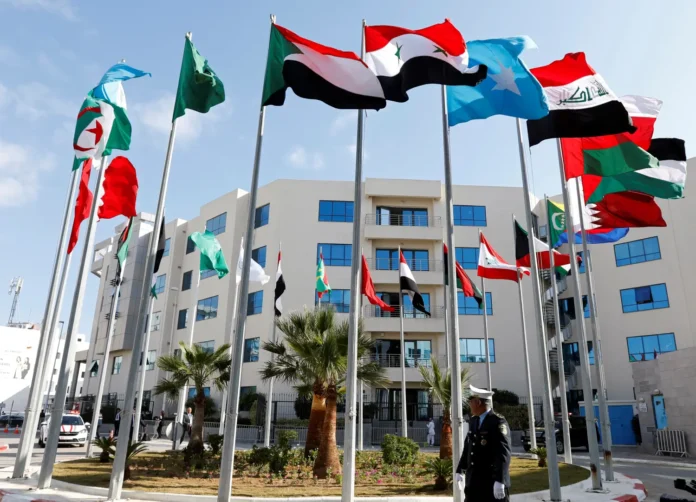Authors: Tarik M. Yousef, Noha Aboueldahab, Adel Abdel Ghafar, Yahia H. Zoubir, Ali Fathollah-Nejad, and Nader Kabbani
Affiliation: Brookings
Organization/Publisher: Brookings
Date/Place: March 3, 2020/ USA
Type of Literature: Policy Recommendations
Word Count: 3000
Keywords: MENA, Policy Options, Peace and stability
Brief:
Groups of brooking scholars reflect on pertinent issues to shape the Middle East and North African (MENA) region in the upcoming decade and forward policy recommendations to regional and international stakeholders to address the problems of one of the troubling region in the world. While the socio economic and political grievances that caused popular uprising during the so-called Arab Spring remain unresolved, the region continues prone to proliferation of conflicts, sharp economic crisis, increased suppression, and geopolitical rivalry. Touching upwide range issues related to governance, security, civil society, inequality, autocracy, citizens participation and climate change, these group of researchers provide salient policy recommendations for the coming decade in order to securing a more peaceful and prosperous future for the region mainly; launching socioeconomic governance reform, coordination of international policy makers with indigenous civil societies and local actors to ensure that grassroots voices inform efforts to change policies in the region, narrowing income, wealth, education, gender, employment, and healthcare inequalities, the need for China’s active involvement in conflict resolution and mediation diplomacy to protect its extensive economic interests in the region, to adopt economically just and inclusive political and security policies to address the region’s “triple crisis” i.e. the high youth and women’s unemployment, tyranny and autocratic regimes and, and water scarcity in the region. Overall MENA governments must address the legitimate economic, political, and social aspirations of their citizens anchored in political upheaval that has been shocked the region since 2011.
By: Jemal Muhamed, CIGA Research Associate




